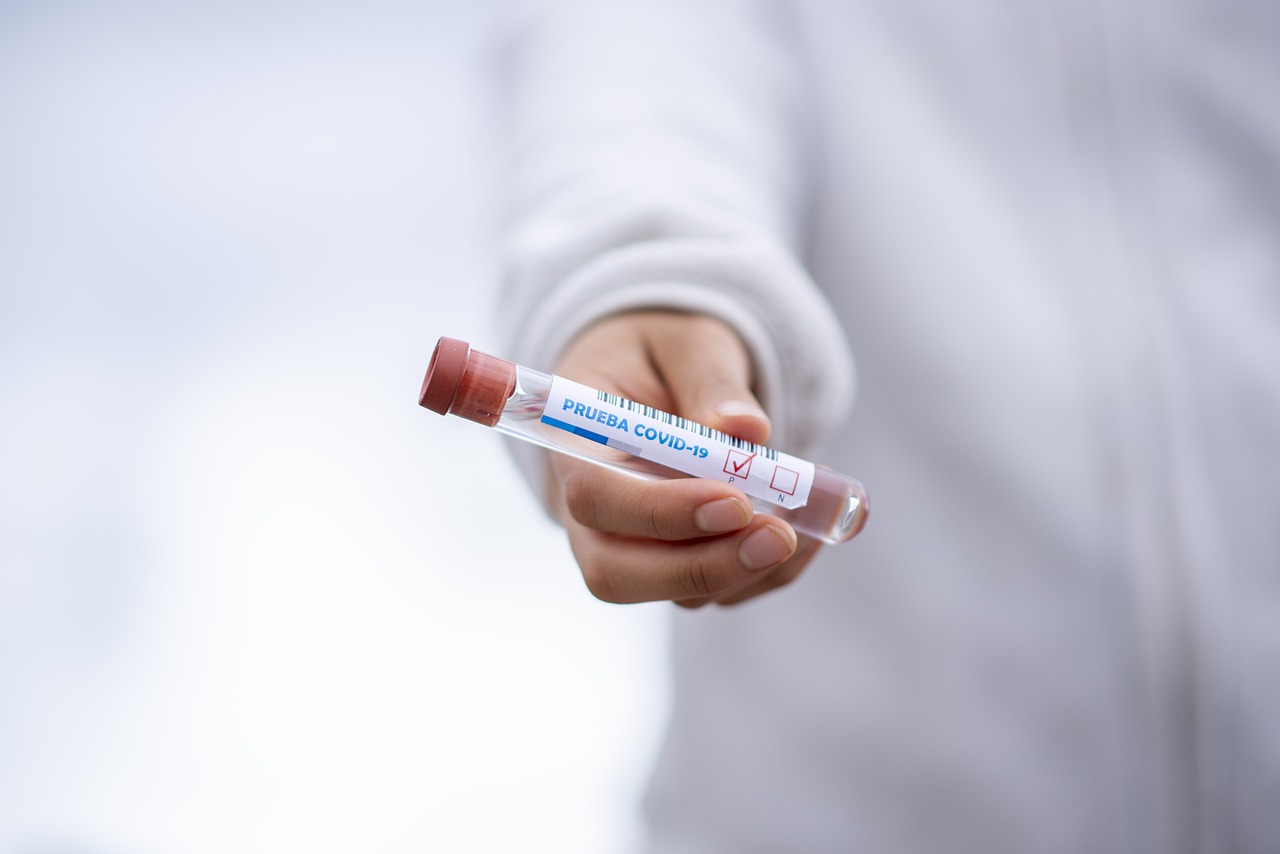When it comes to determining how early you can take a pregnancy test after intercourse, timing is crucial. The accuracy of a pregnancy test is directly linked to the levels of hCG (human chorionic gonadotropin) hormone in the body, which is produced after implantation occurs. Understanding the timeline for accurate testing post-intercourse is essential for obtaining reliable results.
There are different types of pregnancy tests available, each with varying detection timelines. Urine-based pregnancy tests are commonly used as they are convenient and affordable. These tests work by detecting hCG levels in the urine, providing results within a few minutes. On the other hand, blood-based pregnancy tests are more sensitive and can detect hCG earlier than urine tests, offering early confirmation of pregnancy.
Factors such as ovulation timing and hCG levels can influence the accuracy of pregnancy test results. Ovulation timing plays a crucial role as fertilization must occur within a specific window for pregnancy to be possible. Additionally, hCG levels vary from woman to woman and can impact the sensitivity of the test. Understanding these factors can help in interpreting test results correctly.

Understanding Pregnancy Test Timing
When it comes to understanding pregnancy test timing, it’s crucial to grasp the intricacies of how soon after intercourse you can accurately detect a pregnancy. The timeline for taking a pregnancy test post-intercourse is a critical factor that can greatly influence the reliability of the results you receive. Let’s delve into this fascinating journey of pregnancy detection and unravel the mysteries surrounding it.
One of the key aspects to consider is the type of pregnancy test you choose to take. Whether it’s a urine-based test or a blood-based one, each has its own detection timeline and accuracy level. Understanding the differences between these tests can help you make an informed decision about when to take the test for the most reliable results.
Urine-based pregnancy tests are commonly used due to their convenience and accessibility. These tests detect the presence of the hormone hCG in your urine, which is produced during pregnancy. They are known for their ease of use and can provide accurate results within a specific timeframe post-intercourse.
On the other hand, blood-based pregnancy tests are more sensitive and can detect hCG levels much earlier than urine tests. These tests are often conducted in a healthcare setting and can offer early detection of pregnancy, making them a preferred choice for those wanting to know as soon as possible.
Factors such as the timing of ovulation and the levels of hCG in your body can significantly impact the accuracy of pregnancy test results. It’s essential to be aware of these influencing factors to ensure that you are taking the test at the right time for the most reliable outcome.

Types of Pregnancy Tests
When it comes to pregnancy tests, there are various types available to women seeking answers. Each type offers different detection timelines and accuracy levels, catering to individual needs and preferences. Let’s delve into the world of pregnancy tests to understand the options at hand:
1. Urine-Based Pregnancy Tests:
- These tests are commonly used due to their convenience and accessibility.
- They work by detecting the presence of hCG hormone in the urine, indicating pregnancy.
- Urine-based tests can typically provide reliable results around a week after a missed period.
2. Blood-Based Pregnancy Tests:
- Considered more accurate than urine tests, blood-based tests detect hCG levels in the bloodstream.
- They are capable of detecting pregnancy much earlier than urine tests, sometimes even before a missed period.
- These tests are often conducted in a healthcare setting for precise results.
Choosing between urine-based and blood-based pregnancy tests depends on factors like timing, accuracy requirements, and personal preferences. While urine tests are convenient for home use, blood tests offer higher sensitivity and early detection capabilities. Understanding the differences between these two types can help individuals make informed decisions when it comes to taking a pregnancy test.

Urine-Based Pregnancy Tests
When it comes to pregnancy testing, urine-based pregnancy tests are a popular choice due to their convenience and ease of use. These tests detect the presence of hCG (human chorionic gonadotropin) hormone in the urine, which is produced during pregnancy. But how early can you rely on the results of a urine-based pregnancy test after intercourse?
Typically, urine-based pregnancy tests can provide accurate results as early as 7-10 days after conception. However, it is essential to understand that the timing may vary depending on the sensitivity of the test and the levels of hCG in your body. Some tests are designed to detect lower levels of hCG earlier than others, offering early detection capabilities.
It’s important to follow the instructions carefully when taking a urine-based pregnancy test to ensure accurate results. Waiting too long or not using the test correctly can lead to false negatives or positives, causing unnecessary confusion and stress. Additionally, factors such as the time of day and hydration levels can also affect the concentration of hCG in your urine, influencing the test results.
For those eager to find out if they are pregnant soon after intercourse, urine-based pregnancy tests offer a quick and convenient option. With advancements in technology, some tests can detect pregnancy even before a missed period, providing early peace of mind or guidance for further medical consultation.

Blood-Based Pregnancy Tests
Blood-based pregnancy tests are considered one of the most accurate methods for detecting pregnancy early on. These tests work by measuring the levels of hCG (human chorionic gonadotropin) hormone in the blood, which is produced by the developing placenta after implantation occurs. Unlike urine-based tests, blood tests can detect lower levels of hCG, providing early and reliable results.
There are two types of blood-based pregnancy tests: qualitative and quantitative. Qualitative tests confirm the presence of hCG in the blood, indicating pregnancy. On the other hand, quantitative tests measure the exact amount of hCG present, which can help determine the stage of pregnancy and detect potential issues such as ectopic pregnancy or miscarriage.
One of the key advantages of blood-based pregnancy tests is their ability to detect pregnancy earlier than urine tests. While urine tests are typically recommended to be taken after a missed period, blood tests can detect hCG levels as early as 7-12 days after conception, even before a missed period. This early detection can be crucial for individuals who are trying to conceive or closely monitoring their fertility.
It’s important to note that blood-based pregnancy tests are usually conducted in a healthcare setting, either at a doctor’s office or a laboratory. The results are generally more accurate than urine tests and can provide valuable information about the pregnancy’s progression. However, these tests may be more expensive and require a longer processing time compared to over-the-counter urine tests.

Factors Influencing Test Accuracy
When it comes to the accuracy of pregnancy tests, several factors play a crucial role in determining the reliability of the results. Understanding these factors can help individuals make informed decisions regarding when to take a pregnancy test and how to interpret the results. Let’s delve into the key elements that influence the accuracy of pregnancy tests:
- Ovulation Timing: The timing of ovulation in relation to intercourse can impact the accuracy of a pregnancy test. Ovulation typically occurs around the middle of a menstrual cycle, and fertilization can only happen within a specific window of time. Testing too early or too late in the cycle can affect the test results.
- Level of hCG: Human Chorionic Gonadotropin (hCG) is a hormone produced during pregnancy. The concentration of hCG in the body increases rapidly in the early stages of pregnancy. Taking a test too soon after conception may result in a low hCG level that is undetectable by the test, leading to a false negative result.
- Quality of the Test: The sensitivity and accuracy of the pregnancy test itself can influence the reliability of the results. Some tests are designed to detect lower levels of hCG earlier in pregnancy, while others may require higher concentrations of the hormone to produce a positive result.
By considering these factors and understanding how they can impact the accuracy of pregnancy tests, individuals can ensure they are taking the test at the right time and interpreting the results correctly. It’s essential to follow the instructions provided with the test kit and consult a healthcare professional if there are any doubts or concerns about the results.